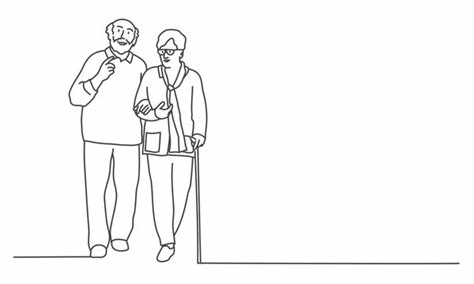WHO is a SENIOR CITIZEN?
A senior citizen is typically defined as an individual who has reached the age of retirement, which varies from country to country but generally falls between 60 and 65 years. This demographic group is also often referred to as “elderly” or “older adults.” It’s important to note that being a senior citizen isn’t just about age; it’s also about the stage of life, which often includes retirement from work, increased leisure time, and various physiological changes associated with aging.
WHAT is their typical lifestyle?
The lifestyle of a senior citizen can vary greatly depending on numerous factors such as health status, financial situation, and personal preferences. However, some common elements often characterize this stage of life.
Many senior citizens are retired and therefore have more free time than they did during their working years. This time is often spent on hobbies, leisure activities, travel, volunteering, or spending time with family and friends. Some seniors may choose to continue working or pursue a second career.
Senior citizens may also experience changes in their living situations. Some choose to stay in their own homes (often referred to as “aging in place”), while others may move into retirement communities or assisted living facilities that provide more support and social opportunities.
HOW healthy/unhealthy is their lifestyle using the YES/NO Question Technique?
Is the typical senior citizen lifestyle healthy? Yes and no.
Yes – Many seniors lead active lifestyles that include regular physical activity, healthy eating habits, and strong social connections. Regular exercise can help manage chronic conditions, improve mood and cognition, and increase longevity. Many seniors are also more mindful of their diet and make an effort to consume nutritious foods that support overall health.
No – On the other hand, some aspects of the typical senior lifestyle can be less healthy. Aging comes with increased risk for various health conditions such as heart disease, diabetes, arthritis, and dementia. Additionally, social isolation can be a significant problem for seniors, especially those who live alone or have mobility issues. This can lead to mental health issues like depression and anxiety.
In conclusion, the lifestyle of a senior citizen is as diverse and individual as the people themselves. While there are common trends and experiences, each person’s journey into and through this stage of life is unique. The healthiness of a senior’s lifestyle can depend on many factors, including their physical health, mental health, social connections, and personal habits. As society continues to age, it’s crucial that we continue to explore and understand the various aspects of the senior citizen lifestyle to better support this population in leading fulfilling and healthy lives.
